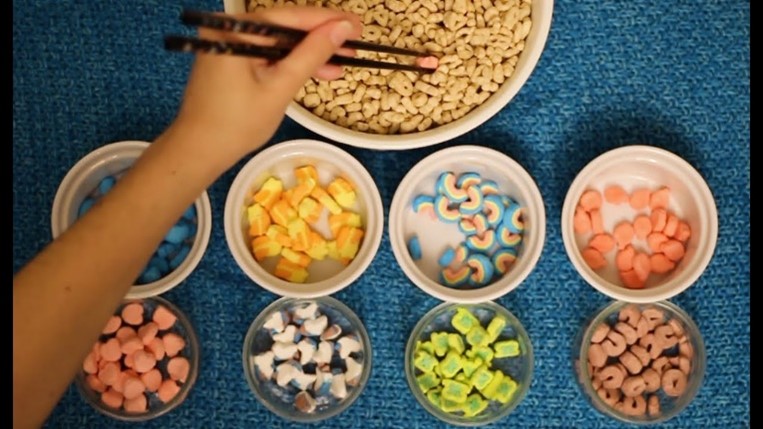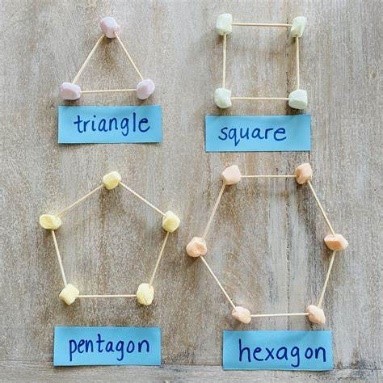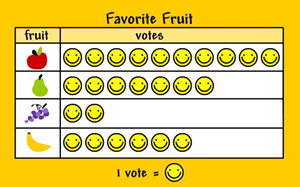Parenting and Prevention
Early Math: Building Blocks for Success
By: Ashley Tabachnick
1, 2, 3, 4, 5… We hear a lot about the importance of reading to our children, but early math skills are just as important. Why is mathematics important in early childhood? “Early math skills have the greatest predictive power, followed by reading and then attention skills,” reports a psychology squad led by Greg J. Duncan, in School Readiness and Later Achievement, published in Developmental Psychology in 2007.
As parents, we are our child’s first teacher and it is important to make sure we are setting up our children on the right path for learning. When it comes to educating our little ones we don’t want our focus to be on things like flash cards and memorization, but on learning through play. When you are at the playground with your child you can be talking about directional words. For example, instead of saying “go on the slide” we can say “ let’s climb up the ladder and then go down the slide.” These changes might seem very simple, and they are, but they will be helpful in teaching children about different directions, which is one of the foundations of math skills.
You can break math into a few big topics. These are number sense, algebra, geometry, measurement and data analysis & probability.
Number sense: Some examples of number sense are counting, showing one to one correspondence, knowing that if you add more items it increases the amount and taking away items decreases it, and knowing the difference between letters and numbers. A great thing to use for this is dominoes. The child can count the dots on it, add the numbers together or subtract the two numbers. You can get some toy cars and count the cars, take 1 away, add more to them and count again. All of this is practicing number sense.
Algebra: Algebra with younger children can include patterns, spatial words, and comparing and sorting objects. A box of cereal such as Lucky Charms can be great for this. You can have your child sort the different shapes and create patterns with them. You can create a pattern then have them copy it and then switch roles. Spatial words can be taught on the playground, as in the previous example. Also, when you are driving with your child you can talk about things like left and right and even directional words, for example north and south.

Geometry: Geometry for younger children focuses on 2D and 3D shapes. You can use real life objects to introduce shapes to your child. Some ideas: Do a shape hunt around your house or outside and choose 1 shape at a time to focus on finding together or go outside and draw shapes with chalk. Get a shape puzzle and while your child is working on it discuss the different shapes. A yummy thing you can do with your child is get some mini marshmallows and toothpicks and have them make the shapes using the items.

Measurement: Measurement involves using standard and non-standard forms of measurement. One of my favorite ways to work on measurement with young children is through baking. When you are measuring ingredients talk about it with your child and let them help measure. You are teaching them so much and, in a fun, connected way. You can show that ½ cup is less than 1 cup in a way that is very clear for children to understand. You can also teach measurement by picking a few different toys and having your child line them up from biggest to smallest or smallest to biggest.
Data analysis and Probability: This focuses on gathering data and displaying it in something like a graph. We can use the box of cereal we mentioned above again for this topic. After children have sorted the shapes and counted them you can help make a pictograph or bar graph of the information. You can also have your child pick a question such as “what is your favorite food” and ask other family members and then make a graph of the results.

Focusing on early math skills doesn’t have to be hard and complex, just add a few new things to your daily routine and they will benefit them in the long run.
Additional Resources:
100 Number Sense Games and Printable Activities FREE (123homeschool4me.com)
Kindergarten Readiness: Math Tips for Parents (littleslovelearning.com)

Ashley Tabachnick holds a degree in Elementary Education from the University of Central Florida. She dedicated 13 years to teaching in Manatee County before transitioning to Parenting Matters, where she now serves as a Parenting Educator. As a mother of three children, ages 8, 6, and 2, Ashley combines her personal parenting experience with her professional expertise to support and educate other parents in the community. She works in the home with the Parent Partner Program, conducts workshops around town, and is one of the facilitators for Musical Motion classes.
